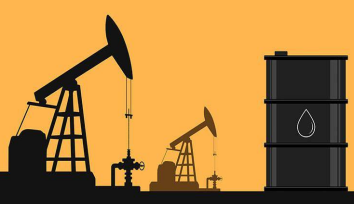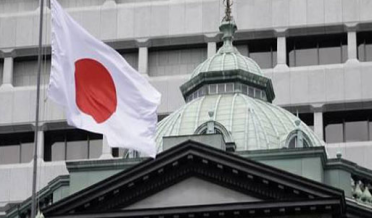Gold continues to retreat, Russia-Ukraine conflict risk aversion limits gold's decline
Spot gold fell to a new low of $1,886.20 per ounce since February 22, and the U.S. dollar index rose for five consecutive days, hitting a new high of 102.78 since March 23, 2020. The U.S. dollar is at its highest level since the early days of the pandemic. It rose about 4.5% and was on track for its biggest monthly gain since 2015, helped by the prospect of aggressive U.S. interest rate hikes. Traders are betting that U.S. interest rates are rising faster than any other major economy, although risk aversion from the Russia-Ukrainian conflict itself has limited losses in gold prices.
Fed to raise interest rates by 50 basis points in May
The minutes of the Fed's March meeting showed that if the Russian-Ukrainian conflict that broke out at the end of February had not cast a shadow on the economic outlook, the Fed would likely have raised interest rates by 50 basis points in March. Markets now expect the Fed to raise rates by 50 basis points at its May meeting, and again in June and July by 50 basis points each. The first 50 basis point rate hike in more than 20 years and the beginning of a shrinking balance sheet show that the Fed is serious about fighting inflation. The risk of the FOMC unexpectedly raising interest rates by 75 basis points is much higher than the risk of still only raising interest rates by 25 basis points. The FOMC is expected to raise rates by another 50 basis points at its June meeting, and then start raising rates more gradually at a rate of 25 basis points per meeting in July.
The variables of European energy security have greatly increased
Russian energy giant Gazprom has told Poland and Bulgaria it will stop gas supplies from Wednesday, a major escalation in a series of disputes between Russia and the West over Ukraine. Russia has previously asked "unfriendly" countries to pay for gas purchases in rubles. Poland is Russia's staunch political opponent. Gazprom, whose gas deal with Russia is due to expire at the end of this year, has said it will not comply with the new payment plan or extend the contract. Poland's climate ministry said Poland's energy supply was secure, there was no need to release the country's natural gas reserves, and that it would not cut gas supplies to consumers.
The situation in Ukraine faces a new livelihood
It has been more than two months since Russia began its massive attack on Ukraine. As Victory Day approaches on May 9, Danske Bank economists believe that Russia may step up its offensive against Ukraine. Danske Bank economists also noted: “In another recent twist, Germany reversed its previous decision not to send heavy weapons directly to Ukraine. Although further military support to Ukraine and tougher sanctions on Russia are needed to stop it The latter attack, but we believe that Germany's approach increases the risk of escalation."
EUR/USD falls to five-year low on growth worries and energy supply threats
The euro briefly fell to its lowest level against the dollar since April 2017 in the face of economic growth concerns and threats to Russian energy supplies. The increasing impact of the Russian-Ukrainian conflict on Europe and the fact that the European Central Bank is more cautious than the Fed in tightening monetary policy also dragged down the euro exchange rate. Russia said it would cut off gas supplies to Poland and Bulgaria, a move that marked a major escalation in tensions between Moscow and European nations over a key energy supply issue. The EU has refused in principle to pay Russia’s gas bills in rubles, but now that payment deadlines are starting to come, European governments need to decide whether to accept Putin’s terms or lose key supplies and face the prospect of energy rationing.
BOJ expected to reiterate accommodative stance
The Bank of Japan is expected to keep its main monetary policy unchanged, although the yen's rapid depreciation to a two-year low has fueled speculation about a possible adjustment in policy or guidance signals. Eighty-nine percent of economists polled expect the Bank of Japan to keep negative interest rates and its asset-purchase program on hold at its two-day policy meeting from Wednesday, while about 10 percent expect forward guidance to turn in a tightening direction. Bank of Japan Governor Haruhiko Kuroda faces a tricky situation, and his commitment to an accommodative stance has fueled a rapid depreciation of the yen, intensified gains in energy prices and further pressure on households and businesses.
Russia stops supplying gas to Poland and Bulgaria, European gas prices soar
Gazprom said it had stopped gas supplies to Poland and Bulgaria and would not resume supplies until the two countries agreed to Moscow's request to pay them in rubles. European benchmark Dutch natural gas futures surged as much as 24 percent to 127.50 euros a megawatt-hour, the highest level since April 1, as traders digested the unexpected news and assessed which other countries could be hit. If Poland and Bulgaria intercept gas that would otherwise be destined for other countries, the company will reduce supply through both countries.
 2022-04-28
2022-04-28
 1104
1104






 简体中文
简体中文
 ภาษาไทย
ภาษาไทย
 繁體中文
繁體中文
 Indonesia
Indonesia











